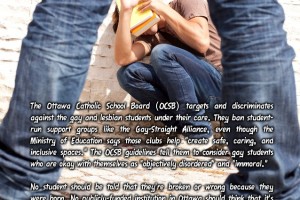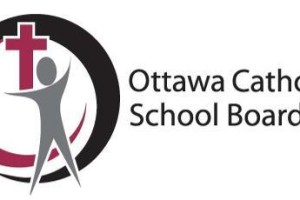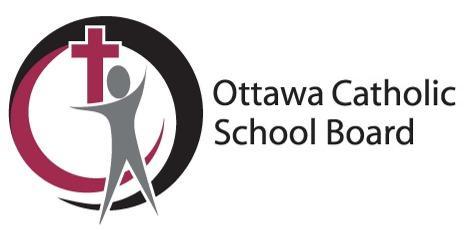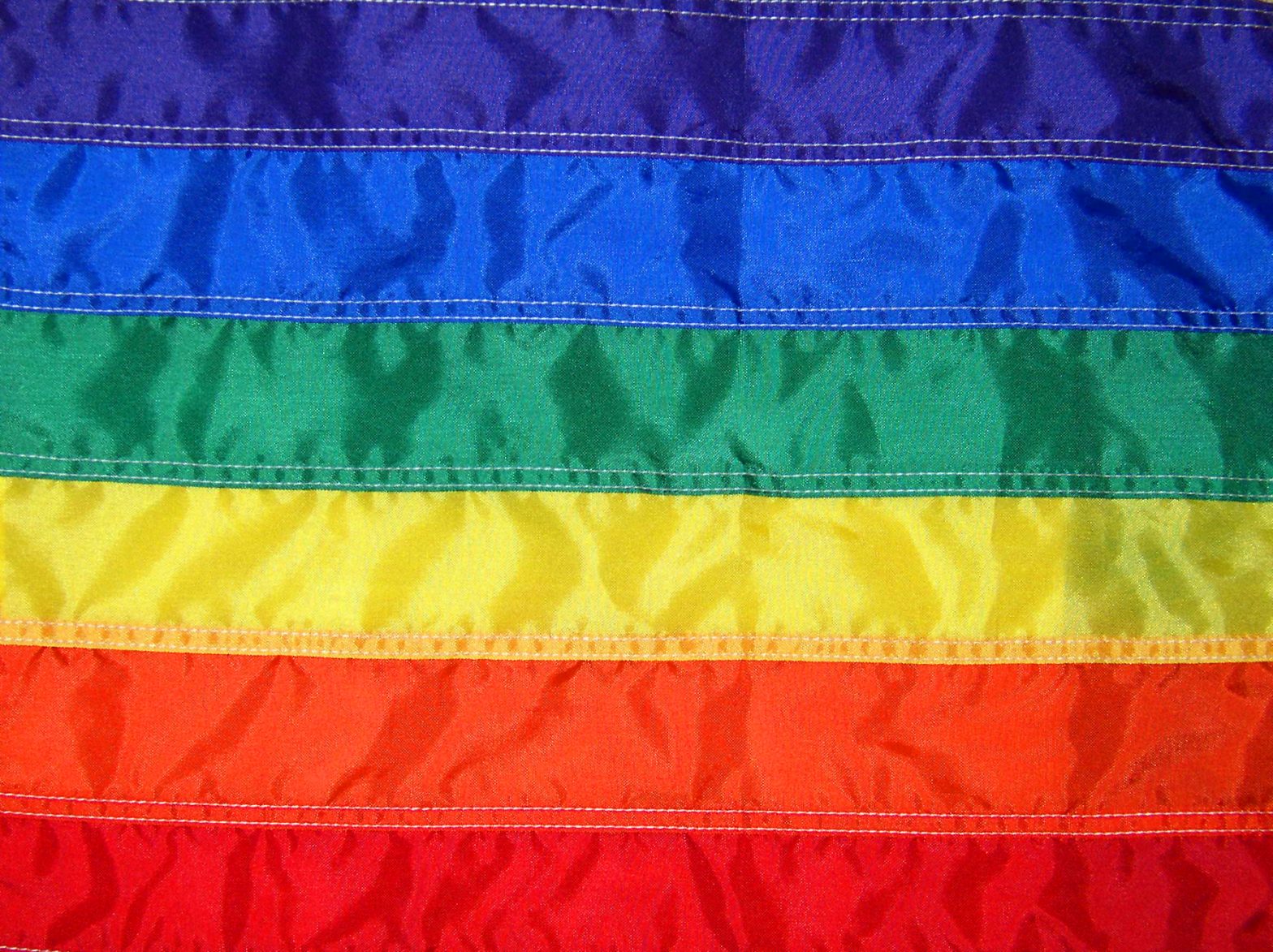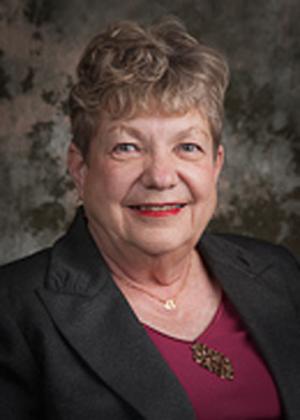For all those of you who have been following me for a while, I apologize that the focus of my blog has become all about LGBT issues. I talk about what I’m interested in, and right now it has to do with these problems.
For the last few weeks, I’ve been campaigning to lift the ban on Gay-Straight Alliance clubs (GSAs) by the Ottawa Catholic School Board (OCSB). For those of you who aren’t aware of what GSAs are, I’ll refer you to the definition provided by Ontario’s Ministry of Education:
Gay/Straight Alliances are student-run and teacher-supported school-based groups that work to create safe, caring, and inclusive spaces for gay, lesbian, bisexual, trans-identified, and two-spirited students and their allies in schools.
They’re essentially safe spaces where LGBT youth and their allies can get together and talk, and are cited over and over by the Ministry of Education as a means to make schools safer. However, due to the homophobic views of the Catholic hierarchy here in Ontario, they have been banned from Ontarian Catholic schools. In fact, according to the weekly paper Xtra!, not a single Catholic school here in Ontario has one of these clubs.
It was my original expectation that the journalists would do their job and expose these policies, which the politicians would then jump on and pressure to remove. That would not turn out to be the case. When a journalist interviewed an official from the Ottawa Catholic School Board, the representative managed to spin their ban as a move for social justice and equity. The journalist didn’t question the contradiction. I wrote about that here. Politicians, meanwhile have kept silent. For reasons that aren’t entirely clear to me, our province’s leaders have no interest in getting involved.
Disappointed with how things were turning out, I decided to jump into the fray. I started a website and petition. I designed a poster, which I put all over town. A reporter called me to do an interview with the Orleans Star.
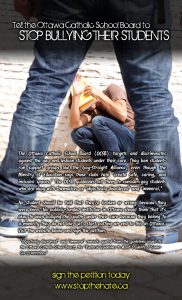
From the article that resulted from that interview, it was clear that I had underestimated the representatives of the Ottawa Catholic School Board. When asked for their version of events by the reporter, they painted my whole effort as the result of a misunderstanding. They stated that they didn’t have a ban:
“We’re aware of Mr. McArdle’s petition, and the petition is asking for a retraction of something we don’t currently have,” she said. “We don’t have a ban on gay-straight alliances, nor do we have a policy banning gay-straight alliances.”
This can be true depending on which definition of “ban” you’re going for. By the OCSB’s definition, a ban is only a ban if it is spelt out in black and white for all to see like it was in Halton. By my definition, a ban is in place if the school board prohibits those clubs on their grounds, regardless of how it is justified. The journalist in the Orleans Star hinted at this when she asked the official whether a student could in fact then start a GSA in an Ottawa Catholic school, and the answer wasn’t a “yes.” When she asked another official if there was any GSAs in Ottawa, the answer was a no.
This reminded me of another interview with an Ontario Catholic School Board about Gay-Straight Alliances:
“No, I wouldn’t say we ban them. We support student clubs that support inclusiveness, especially for students who might otherwise feel marginalized. But all our clubs must, however, adhere to the Catholic teachings and values,” says [superintendent of education for the Bruce-Grey Catholic District School Board Gerald Casey]. Could students at a Bruce Grey Catholic school start a GSA? “The answer would be no,” admits Casey.
So again, the board official said that they didn’t ban the clubs – but stated that a student would not be allowed to start them. I don’t draw a distinction between a ban and banning something. These officials do. Because they do, it makes it possible for them to deny the very things they are doing, and by that virtue, escape the criticism that would come with any admission. How they can continue to state such contradictory remarks and not be called on them by journalists or politicians is really something I have a hard time comprehending.
Another tactic used by Catholic school boards, including what was used on me in my brief discussions with the OCSB, was to cite the fact that they have anti-bullying campaigns that target homophobia. They use this as an example to prove that they don’t marginalize gay students, and in fact welcome them. While I maintain that these efforts are very positive, their presence doesn’t negate the discriminatory policies of the school board.
Nevertheless, this seemingly conflicting stance on its queer youth does tend to confound observers. To understand how an institution could promote an end to homophobic bullying while still engaging in activities that others might perceive as bullying, you must understand the Catholic view of homosexuality itself.
Within the Catholic hierarchy here in Ontario, there is this view that being a sexual minority is acceptable, but that exhibiting any homosexual behaviour is not. Love the sinner, hate the sin. To quote the guidelines issued to all Ontario Catholic schools by the Assembly of Catholic Bishops of Ontario:
An irreversible homosexual orientation is not sinful, since it is not sought by homosexual persons. A tendency, desire or inclination are not choices and are therefore not wrong in themselves. There is a real difference between sexual desire and the decision to act on it. The Church makes a critical distinction between orientation, and conduct or behaviour.
And it goes on:
The number of men and women who have deep-seated homosexual tendencies is not negligible. This inclination, which is objectively disordered, constitutes for most of them a trial.
And on:
Thus, romantic behaviour between homosexual persons is morally unacceptable, because it points toward future sexual relationships that are non-marital.
And on:
While the Church respects an individual who has done his or her best to come to a correct moral judgment, it is not obligated to accommodate a decision based on an individual’s erroneous conscience. This includes a student who blamelessly arrives at the mistaken conclusion that homosexual acts can be morally good.
This is why the Ottawa Catholic School Board has anti-bullying programs: because it protects the person (sinner), without promoting homosexuality itself (sin). It is also for this very reason that clubs like Gay-Straight Alliances are prohibited. These clubs, by their nature of being a support group for students, might make the students realize that it’s okay to be gay. That there is something intrinsically wrong with being told that you should never be allowed to fall in love with someone, to marry them, to have children with them, and to grow old with them.
The OCSB draws a line where none exists. From it’s perspective, it isn’t marginalizing students. By the measure of every person who doesn’t view homosexuality as “intrinsically disordered”, they are. These students are being denied a support group purely because of the fact that they belong to a minority to which the Church is opposed.
This is not right and I will continue to confront the Ottawa Catholic School Board for as long as they continue to discriminate against the youth under their care. They can accuse me of misunderstanding all they want, but there is only one rebuke that will satisfy me: when a Gay-Straight Alliance is finally allowed to exist in an Ottawa Catholic school.
